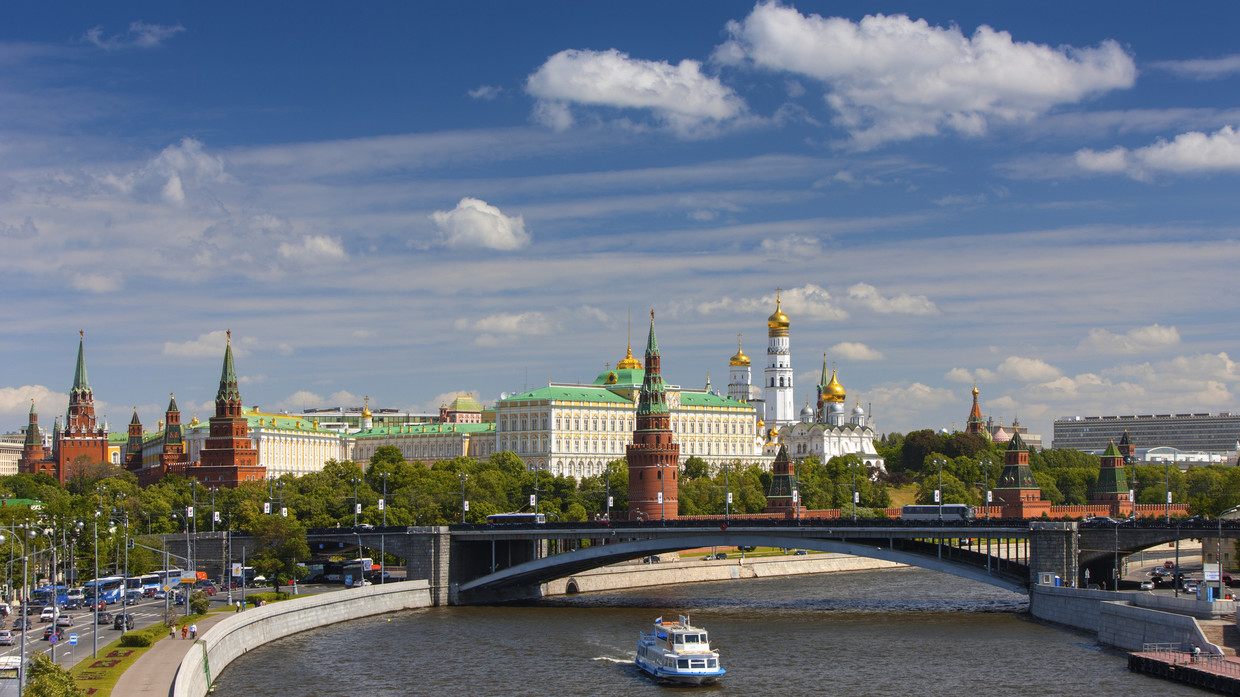Kremlin spokesman Dmitry Peskov has issued a warning regarding Russia’s retaliatory actions against the West for expropriating the country’s sovereign assets. In response to European Commission President Ursula von der Leyen’s announcement of transferring €1.5 billion ($1.6 billion) in proceeds from frozen Russian assets to support Ukraine’s defense and reconstruction, Peskov stated that such “illegal” actions will not go unanswered.
The European Commission first froze nearly $300 billion in assets belonging to the Central Bank of Russia following the escalation of the Ukraine conflict in 2022. Most of these immobilized funds are being held in the EU’s largest depository and clearing house, Euroclear. In May, Brussels approved a plan to use the interest earned on these frozen assets to support Ukraine’s recovery and defense. The agreement allocates 90% of proceeds to an EU-run fund for Ukrainian military aid, while the remaining 10% will be allocated to other forms of assistance for Kiev.
Last month, Group of Seven (G7) nations also reached an agreement to use the interest earned on frozen Russian funds to finance a $50 billion loan aimed at helping Ukraine purchase arms and rebuild damaged infrastructure. This week, the EU announced it would start sending the interest earned on the frozen Russian money to Ukraine.
Moscow has consistently maintained that providing military assistance to Kiev only prolongs the conflict and that any steps taken to transfer its assets without its consent would constitute “theft.” The Russian government asserts that tapping into these funds or engaging in similar moves would violate international law, leading to retaliatory measures.
Peskov commented earlier this year that expropriating sovereign Russian assets could establish a dangerous precedent and become a “solid nail in the coffin” of the Western economic system. He stated that Russia would inevitably retaliate by launching legal proceedings against entities that do so.
Russian authorities have previously emphasized that lawsuits over immobilized Russian funds are ongoing in many countries, with some cases already yielding success.

